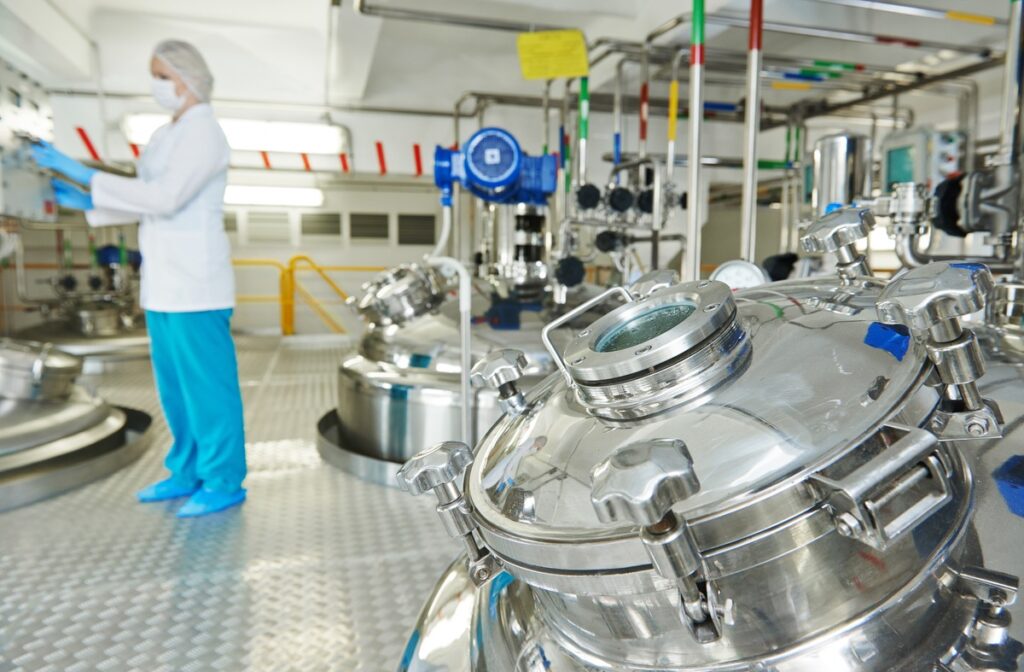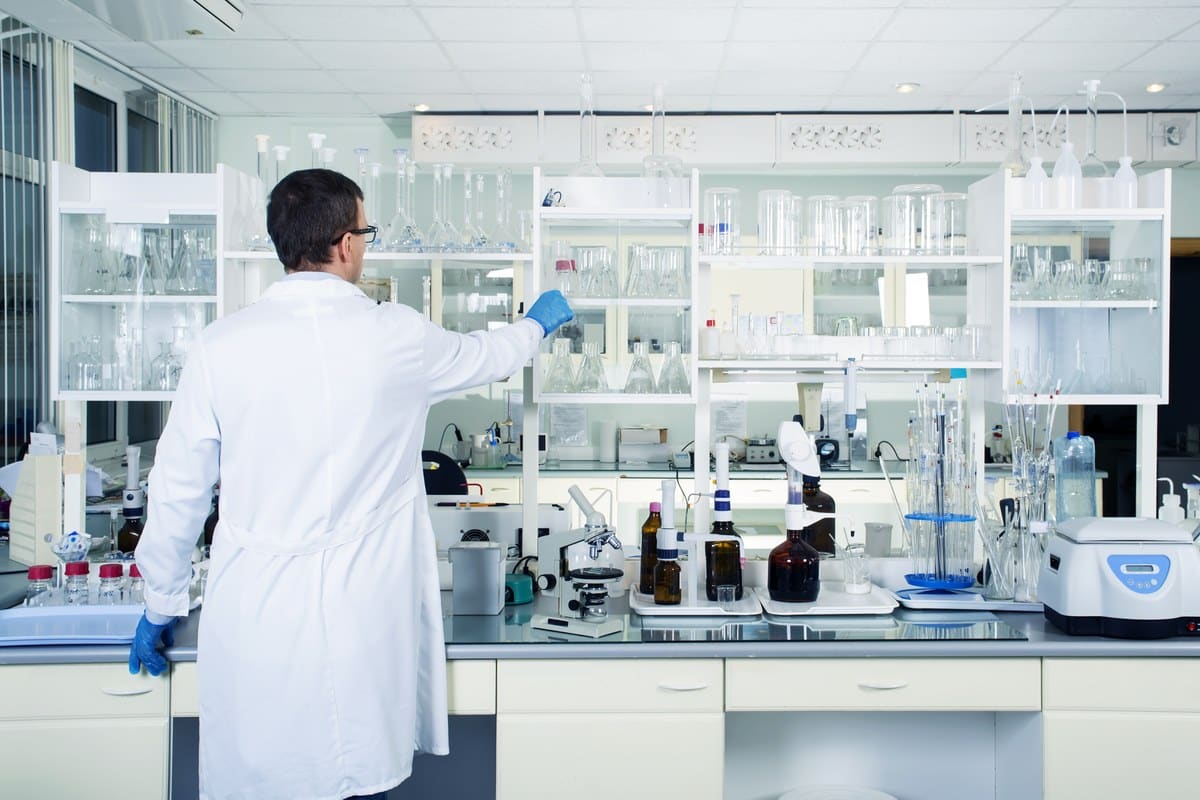Green Pharma: How the Pharmaceutical Industry Is Embracing Sustainability
The iconic white coats and gleaming labs of the pharmaceutical industry conjure images of life-saving medicines and cutting-edge research. Yet, beneath the surface lies a complex truth: the very industry dedicated to our health can also leave a significant mark on the health of our planet. Depleting resources, energy-intensive production methods, water-hungry facilities, and mounds of medical waste all contribute to pollution in the environment and climate change.
However, a green wave is rising within the pharmaceutical industry, fueled by a growing recognition of this environmental impact. It is not just about public pressure or regulatory demands, though these play a role. It is about responsibility, innovation, and long-term vision.

The Environmental Cost of Pharmaceuticals:
1. Manufacturing: Where the Cycle Starts
- Energy Guzzlers: Pharmaceutical production is notoriously energy-intensive, relying on complex processes and specialized equipment. Due to its reliance on fossil fuels, significant greenhouse gas emissions contribute to climate change.
- Water Woes: The production process often involves large volumes of water, used for everything from cleaning to chemical reactions. This water usage can strain local resources, especially in water-scarce regions.
- Chemical Cocktails: Reagents, solvents, and other chemicals used in manufacturing processes can lead to environmental contamination. Improper disposal of these substances can pollute waterways and soil, harm ecosystems, and pose potential health risks.
2. Packaging: The Bulky Burden
- Plastic Overload: The pharmaceutical industry relies heavily on plastic packaging for individual medications and bulk shipments. This plastic waste, which winds up in landfills and the ocean, causes microplastic contamination and is a hazard to marine life.
- Unnecessary Layers: Overly complex and excessive packaging often serves no purpose beyond marketing, adding to the waste burden and requiring additional production resources.
- Recycling Challenges: The difficulty or impossibility of recycling many forms of pharmaceutical packaging exacerbates the issue and emphasizes the need for sustainable solutions.
3. Waste Disposal: The Lingering Threat
- Expired Medications: If not disposed of properly, expired medications can end up in landfills, leaching harmful chemicals into the environment. They can also be misused or accidentally consumed, posing health risks.
- Medical Waste: Used syringes, needles, and other medical waste require specialized handling to prevent the spread of disease and contamination. Improper disposal can pose serious health risks and environmental damage.
- Trace Contamination: Even when disposed of correctly, traces of pharmaceuticals can find their way into water supplies, potentially impacting aquatic ecosystems and raising concerns about potential human health effects.
Pharmaceuticals have a complicated effect on the environment, but potential answers are in the works. The industry can significantly reduce its environmental footprint by adopting renewable energy sources, optimizing manufacturing processes, employing recyclable packaging, and promoting responsible disposal practices. Investing in research for greener alternatives throughout the pharmaceutical lifecycle is crucial.
The Shift towards Greener Pharma:
Thankfully, pharmaceutical companies increasingly recognize their environmental responsibility and take steps toward sustainability. Here are some key initiatives:
- Energy Efficiency:Pharmaceutical companies are modernizing with energy-efficient equipment, putting money into renewable energy sources like solar and wind power, and simplifying their production procedures to use less energy.
- Sustainable Manufacturing:Green chemistry principles are being implemented, reducing reliance on hazardous materials and promoting cleaner production methods. Additionally, companies are exploring ways to reuse and recycle solvents and other resources.
- Water Conservation:Water-intensive processes are being optimized, and rainwater harvesting and wastewater treatment systems are being implemented to reduce freshwater usage and minimize wastewater discharge.
- Waste Management:Companies are adopting waste minimization strategies, including using biodegradable materials in packaging and exploring circular economy principles to reuse and recycle waste generated throughout the production cycle.
- Sustainable Supply Chains:Collaborations with suppliers foster sustainable practices throughout the value chain, ensuring that raw materials are sourced ethically and responsibly.
- Sustainable Packaging:Choose recyclable or biodegradable materials and strive to reduce packaging waste whenever possible.
Examples of Impactful Initiatives:
- Amgen’s new manufacturing facility in Ohio is designed to be the company’s most energy-efficient and sustainable plant.
- Novartis has set ambitious goals to achieve carbon neutrality in its operations by 2025, full carbon neutrality across the entire value chain by 2030, and net zero by 2040.
- AstraZeneca, under their flagship Ambition Zero Carbon program, is on track to reduce greenhouse gas (GHG) emissions from our global operations (Scope 1 and 2) by 98% by 2026 (from a 2015 baseline) and halve our entire value chain footprint by 2030 on the way to a 90% reduction by 2045 (from a 2019 baseline)

Why go green? The reasons are compelling:
- Environmental stewardship: Pharmaceuticals aren’t the only patients; the planet also needs healing. Reducing the industry’s footprint protects ecosystems, safeguards resources, and combats climate change.
- Cost savings: Sustainable practices often translate to operational efficiency, reducing energy and water consumption, waste disposal costs, and potential regulatory fines.
- Competitive edge: Consumers increasingly demand eco-friendly products and responsible practices. Companies that embrace sustainability can attract talent, gain investor confidence, and stand out in the market.
- Future-proofing: By adopting sustainable practices, the industry ensures its long-term viability in a world increasingly focused on environmental responsibility
- Improved brand reputation: Consumers are increasingly conscious of sustainability, and companies demonstrating a commitment to eco-friendly practices gain their trust and loyalty.
- Enhanced innovation: Sustainability can stimulate innovation in new technologies and procedures that benefit the industry and the environment.
Beyond the Lab:
Sustainability extends beyond manufacturing. Pharma companies are also:
- Promoting eco-friendly practices among patients and healthcare professionals.
- Investing in research and development of sustainable technologies and medicines.
- Advocating for policy changes that support environmental protection and sustainable healthcare practices.
The Road Ahead for Pharma:
While the pharmaceutical industry has made strides toward sustainability, the journey is far-from-over. The road ahead demands continued Collaboration, innovation, and action from all stakeholders – companies, governments, organizations, and individuals’ Collaboration is Key:
- Industry Partnerships: Fostering Collaboration across pharmaceutical companies, research institutions, and environmental organizations can accelerate the development and implementation of sustainable solutions. Sharing best practices, pooling resources, and tackling challenges can pave the way for industry-wide progress.
- Government & Policy Support: Legislation promoting eco-friendly corporate practices, green technology development, and holding companies accountable for their environmental impacts are just a few of how governments may make a big difference.
- NGO & Community Engagement: Working with NGOs and interacting with communities can help spread knowledge, promote ethical shopping, and strengthen support for the industry’s sustainable methods.
Individual Actions Matter:
- Support Sustainable Companies: Do your research and support pharmaceutical companies that prioritize sustainability in their operations, packaging, and supply chains.
- Educate Yourself: Stay informed about pharmaceuticals’ environmental impact and production processes. Share this knowledge with others to raise awareness and encourage collective action.
- Advocate for Change: Support policies that promote sustainability in the pharmaceutical industry. Contact your elected officials, join advocacy groups, and participate in public consultations.
- Make Conscious Choices: Minimize your environmental footprint by appropriately disposing of expired prescriptions, selecting eco-friendly packaging options, and encouraging sustainable practices at your neighborhood pharmacy.
Conclusion:
Together, we can build a future in which the pharmaceutical sector:
- Reduces its environmental effect by using sustainable sourcing, energy-efficient production, and ethical waste management.
- Creates cutting-edge solutions for environmentally friendly disposal techniques and green manufacturing.
- Delivers life-saving medicines while ensuring the health and well-being of our planet for generations to come.
Let us continue the conversation! In the comments below, share your thoughts and ideas on how we can build a more sustainable pharmaceutical industry.
Please contact Mr. Vijay Karkare, Managing Director of Cornerstone India, for more information, suggestions, or queries: vijay@cornerstone.co.in.


